If you’ve never been a cringy tourist, good for you. I admire anyone who has always done everything right while traveling.
Do those people exist, though? Whether you’re a seasoned traveler with dozens of countries ticked off your bucket list or you’re just starting to dip your toes into travel, chances are you’ve thought about some things not to do as a tourist.
From simple things like how much to tip to your travel mindset, these are the mistakes that many travelers make (myself included for some of them!) and ways to avoid them:
The Top 20 Things Not to Do as a Tourist
20. Not learning at least simple greetings in the local language
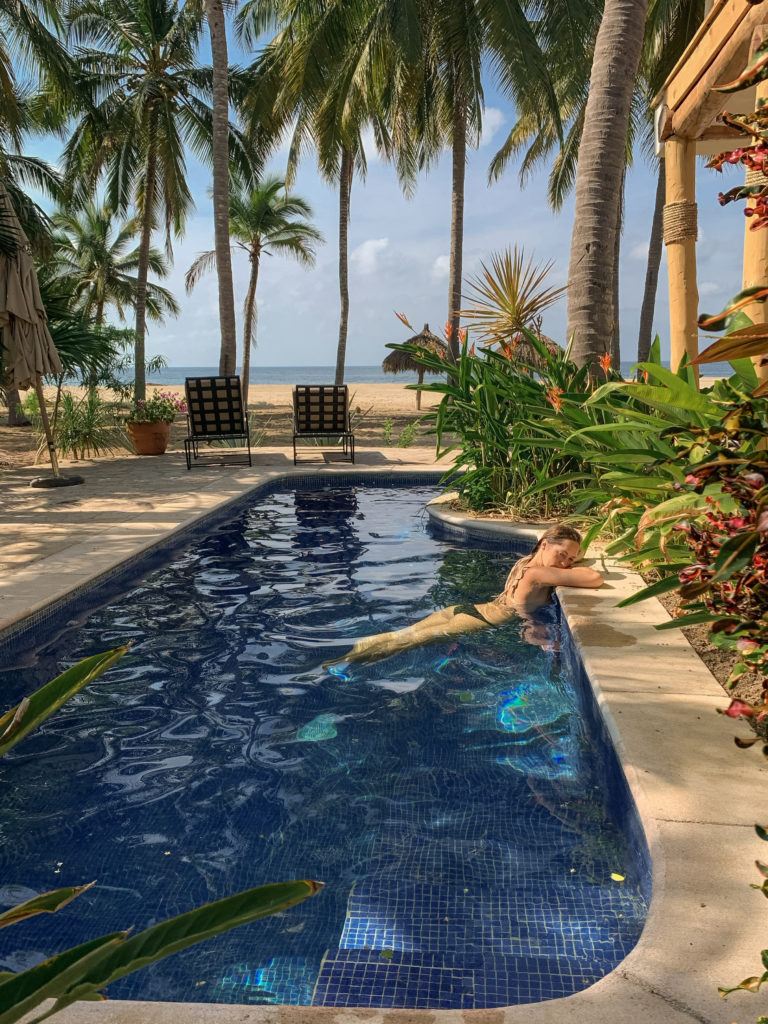
Let’s face it: mastering the language everywhere you travel in the world is an impossible task. But whether you’re heading to Egypt to see the pyramids or traveling through Vietnam via motorbike, take the time to at least learn how to greet locals in their language. Navigating language barriers is a part of international travel, and making a genuine effort to learn how to say “hello” in different languages is a great way to break the ice in a new place.
Also, it’s essential to learn how to say “thank you” in the local language. Sometimes the generosity and kindness of others might feel overwhelming, and it can be hard to express gratitude even in your own language, but being able to say “thank you” to people along the way is a great starting point.
19. Expecting everyone to speak YOUR native language
This one is more of a mindset issue than a skill, but it’s important to remember that we are guests in foreign countries; it makes very little sense to expect residents to speak our native language, even if the economy is heavily reliant on tourism. This might surprise some people (or maybe not), but I see an astonishing number of tourists in Mexico and other Latin American countries get frustrated that locals don’t speak English.
If you travel anywhere that has a history of colonization (which is most places in the world), remember that the erasure of native languages has had a devastating impact on culture and history globally. By expecting everyone in the world to know English to better accommodate you as a tourist, you participate in neocolonial ideas that are harmful and disrespectful to local people.
18. Taking photos of people without asking permission

If you love travel photography, chances are you might want to capture the essence of a place by snapping a photo of people who live there. I don’t think it’s a blanket rule that taking photos of people is inherently bad, per se. However, doing so without asking first is awkward, if not totally rude. I mean, would it be cool with you if people came up to you and just started taking photos?
If you feel the urge to take a photo of someone, don’t hesitate to ask. If you don’t speak the language, try gesturing to your camera, looking for approval via body language. Who knows, they might even be excited to be in your photo. If not, they have every right to say no.
17. Staying only in all-inclusive resorts
All-inclusive resorts are the place to be if you don’t want to worry about planning many details of your trip and want to focus on relaxing and enjoying your vacation. However, these resorts are complete bubbles and don’t represent the nuance, variety, and cultural richness of a destination at all. They tailor their environment to tourists who want to have a pleasant and easygoing experience, not necessarily an authentic one.
I don’t want to drag all-inclusives entirely, but they don’t exactly make for a very well-rounded travel experience. Traveling is an incredible way to learn about the world and generate more empathy and understanding between cultures. It’s very difficult to do that if you only stay in all-inclusive resorts.
16. Doing things you wouldn’t do at home (littering, vandalism, etc.)
If you wouldn’t throw trash into your own backyard or vandalize your own home, why do it anywhere else? Remember to always have a plan for what to do with your trash (pack it in, pack it out) when you travel. That means bringing a trash bag with you on hikes, or just holding onto anything you need to throw away later.
15. Engaging in illegal activity
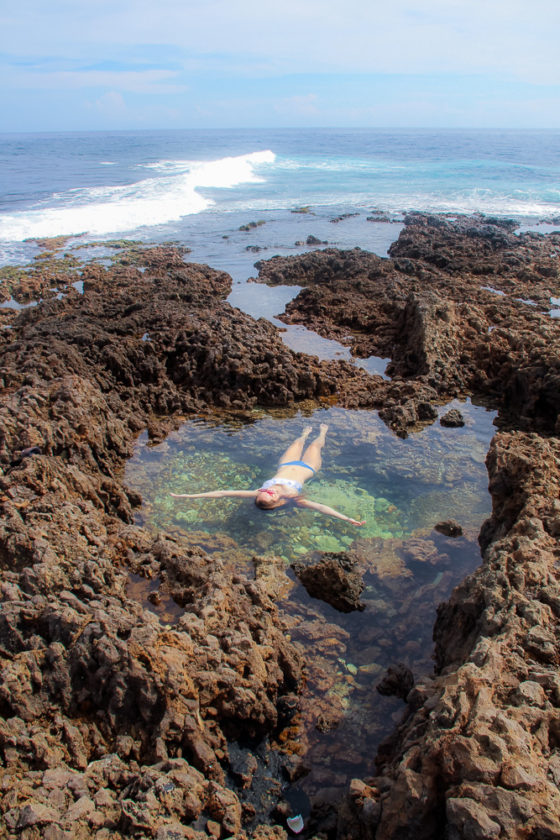
Whether it’s consuming illegal drugs, trespassing, or any other illegal activity, just don’t do it. This is sort of a no-brainer, but you might be surprised to know that there are many tourists who use their travels as an excuse to be wild and do whatever they please. The consequences of being caught breaking the law in another country can be dire, if not expensive and even terrifying.
This goes back to the previous point of not doing things somewhere else that you wouldn’t do at home. If you’re unsure about a specific destination’s laws around, for example, drug use, alcohol consumption, etc., then the safe thing is to not partake.
14. Bribing law enforcement
Due to heavy corruption in many countries, bribing law enforcement is unfortunately pretty commonplace. However, giving money to police officers in order to get off the hook only contributes to an already corrupt system. If you are sure you have not broken any laws, don’t break under the pressure of a bribe just out of convenience. Most of the time, police officers will give you a runaround while they look for a bribe, and if you stick it out, they’ll eventually let you go if you haven’t done anything wrong.
13. Traveling without insurance
Having travel insurance is an absolute must. While traveling, you might get sick or injured, which can put a huge damper on your trip. Without travel insurance, you could wind up paying thousands out of pocket with no hope of reimbursement. Besides medical coverage, there are also companies that offer coverage for any flight delays or cancelations, and some have special consideration for COVID issues.
Check out this comprehensive review of World Nomads travel insurance, along with this comparison between World Nomads and SafetyWing, another top travel insurance company.
12. Not making friends with any locals

Some of my favorite travel memories involve meeting local people and making friends. The friendships I have from around the world are very special to me, and I know that many other travelers can relate. Too many people miss out on the opportunity to get a more in-depth look at a different culture when they don’t interact with residents in a meaningful way.
One great way to meet locals is to try Couchsurfing or signing up for a volunteer program like Worldpackers. Couchsurfing allows you to find a host who can give you tips and maybe even introduce you to more people in town. Worldpackers is also a great option, because you’ll get to collaborate with your host on a project, perhaps getting to meet locals in the process.
11. Eating only the foods you’re used to
This can be challenging if you have food allergies or dietary restrictions, but trying the cuisine of the place you’re visiting is an excellent way to immerse yourself in the culture. After all, you can hit up McDonalds when you’re back home.
Trying dishes from the regions you visit can provide valuable insight into the area’s unique geography, agricultural practices, and customs around cuisine. In many places, there are even tours available that allow you to see how a particular ingredient is grown, harvested, and processed for consumption. One example of this is in Costa Rica where you can see how coffee and cacao are produced.
10. Not learning how much to tip beforehand
Learning how much to tip is essential when traveling, as many servers rely on tips for a decent wage. In some places though, tips are not customary and the waitstaff already earn a decent wage without them. Usually you can find out how much to tip at restaurants with a quick Google search, so make sure to do that before dining out. (And tip in cash — see below.)
9. Only shopping at big-box stores
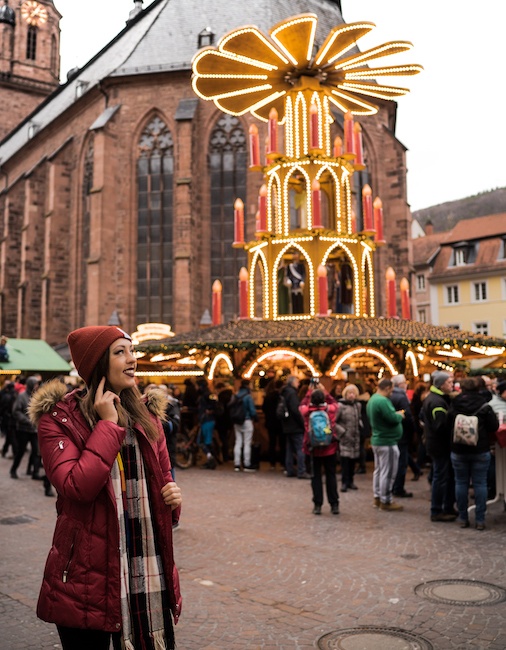
Multinational corporations like Walmart have locations all over the world, often pushing out smaller businesses. While there’s not much you can do about that, you can choose not to visit them, and instead contribute to the local economy by shopping at markets or mom-and-pop stores.
This is also a neat way to see what kinds of products a country has on offer. I think it’s fun to pop into a small corner store and see all the different snacks and country-specific products, like the prawn-flavored chips you find in Thailand and spicy mango candies in Mexico.
8. Not getting off the beaten path
If you only visit super touristy spots, you’ll miss out on all the hidden gems that make a destination special. I notice this a lot in Mexico: people go to Cancún and only see the main beaches and cenotes without venturing out to the smaller towns and secret beaches on the Riviera Maya.
Often the places I love most are the ones where not everything is geared to tourists, and I get to have an adventure that might surprise me. Do your research on some off-the-beaten-path locations close to your chosen destination and see if any of them sound interesting. Sometimes the thrill of finding these can be the highlight of your trip.
7. Micromanaging your itinerary
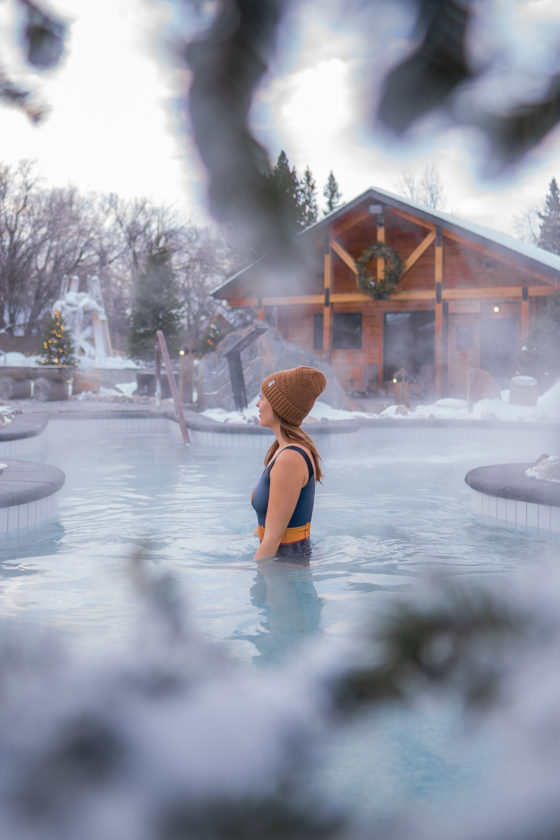
I’ve made this mistake before, and I paid the price for it big time. It’s great to have a loose itinerary when traveling, with at least a list of things you want to do. However, keep in mind that plans can change due to certain attractions being closed unexpectedly, the weather not being ideal, or some other mishap or circumstance that comes up. It’s best to be flexible and keep a backup plan in case plan A doesn’t work out.
I also find that sometimes activities can take much longer than I expected, or I want to stay in one place for a bit longer that I thought I would. Having an open mind about my itinerary helps me stay present and enjoy each location to the fullest, without worrying about the time.
6. Expecting to do and see everything
Similar to my last point, remember that there will always be more to do and see anywhere you go. You’re not a superhero with the power to freeze time and squeeze out every single drop of a destination, nor should you try. That’s the beauty of traveling to new places: you’ll always have a reason to go back.
5. Relying on cards and not having cash on hand
In the States, I never carried cash with me. Now that I live in Mexico, I rely on cash for almost everything (even my rent!), and I’ve noticed that most places I’ve traveled to are the same. Even if you’re visiting a big city, try to always have at least some cash on you just in case. Never assume that a restaurant or shop takes cards, because you don’t want to finish a meal or ring up your groceries and not be able to pay.
Additionally, try to tip in cash whenever possible, even if you pay with a card. Waiters have told me before that the added percentage for for tip when using a card doesn’t always make it to them, so it’s best to leave their tip in cash.
4. Only relying on Wi-fi and not getting a local SIM card
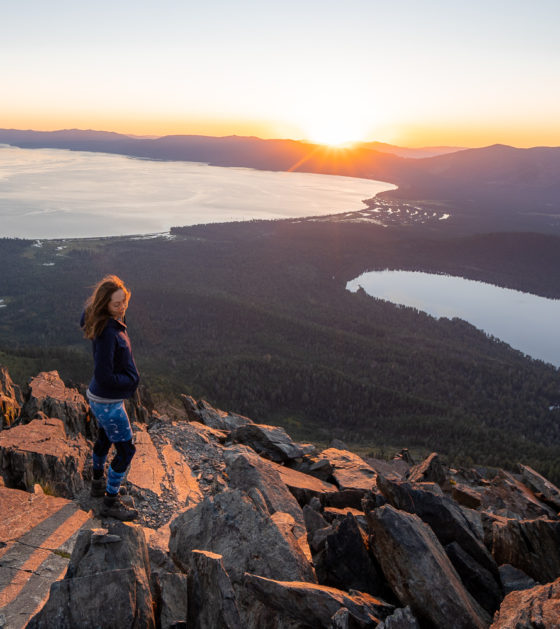
If you arrive in a new country and you know you’ll be there for at least a week, don’t skip out on grabbing a SIM card. Wi-fi can be unreliable and spotty in some places, and not having a working phone can make it hard to get around if you’re used to using online maps.
Since I travel solo most of the time, I always make sure I have a local SIM card that I can load up with data so I can share my location with someone at home, just so someone knows where I am. It’s also handy for road trips and makes navigation a breeze.
3. Ignoring local customs and traditions
Make sure to do your research on any customs or traditions that might affect the way you interact with people in your chosen destination. Is it customary for women to cover up there? Should you wear a hijab? Is pointing with your index finger rude? (In some places it certainly is!)
Ignoring important customs and traditions can make for an awkward, verging on dangerous, trip. Especially if you don’t speak the language where you’re going, navigating negative reactions from people can be stressful if you don’t know what you did wrong in the first place. Do your research so you can avoid these faux pas as much as possible.
2. Focusing too much on how your trip looks via social media
I’m all for sharing my travel experiences online, especially if it inspires other women to travel solo. However, I’ve noticed that too many people (and I’ve been guilty of this too) are far too focused on creating content about their travels and miss out on many aspects of the destination itself.
I actually get much more value out of my trips when I am more mindful about what I capture. Sometimes I’ll keep my phone or my camera in my bag, only taking it out when I absolutely need to snap a photo or video. Striking this balance looks different for everyone, so figure out what works best for you and ask yourself if you’re truly enjoying a place or just trying to make it look cool for the ‘gram.
1. Making assumptions about the local culture

Sometimes it’s too easy to see something new in a different culture and jump to conclusions about what it could mean, but often our minds make this leap far too quickly. It comes from an innocent place, as we just want to understand those who are different from us. However, taking a step back and merely observing, without judgment or racing to draw conclusions, can help us understand a culture that we’re not familiar with.
When I lived in Mozambique as a Peace Corps volunteer, I got a lot of things wrong about Mozambican culture when I first arrived. I was so eager to understand my new surroundings that I ended up thinking I had figured out so many things — when I really hadn’t. It look me a long time to reflect on my first assumptions, and even after two years there, I still didn’t fully understand a lot of things about the culture.
For example, I immediately assumed the entire country was extremely misogynistic in nature, without realizing that the northern part is actually more matriarchal. That’s not to say that misogyny doesn’t exist there, but it’s just a reminder that no place is a cultural monolith. What may be true for one group might not be true for the next.
The main takeaway is to observe with curiosity, leaving judgment at the door. There will always be something new to learn about a culture, and that’s actually a beautiful thing to behold!
Pin me for later:


I don’t claim to be an expert on ethical travel, so these are just my thoughts and opinions from my personal experiences. We are all learning as we go, so I’m sure that there are more items I could add to this list as I learn them.
What do you think I missed?












